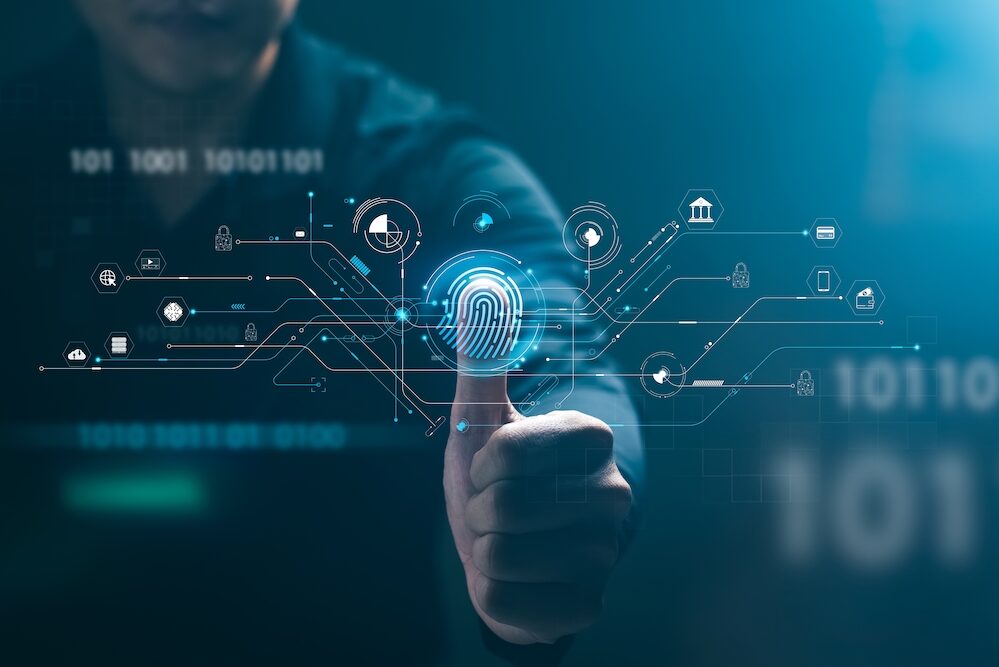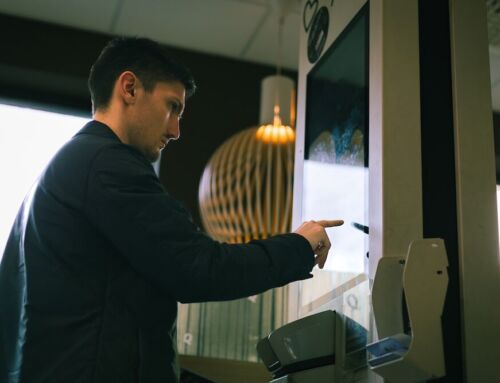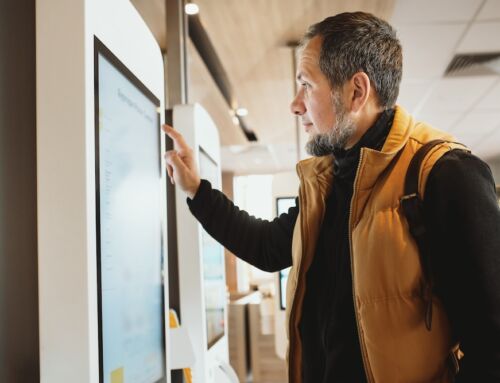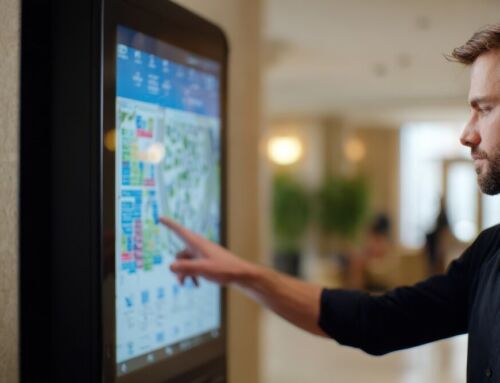Have you ever sat and counted up how often you are asked to prove who you are as you go about your daily business?
It’s a useful exercise just to get a grasp of just how important identification is in our modern society. From logging in to apps and websites to making purchases, applying for jobs to accessing services, or getting through security in airports, at work or in public buildings – identity is integral to how we navigate our way through life.
And as is the way in this digitised world of ours, technology takes the lead in how we manage identification these days.
Here at Acante, that forms a key part of our business. We manufacture biometric identification kiosks which we sell to a wide range of customers for managing on-premise access control and authentication.
Biometrics is itself right at the cutting edge of identity technology – the use of a person’s unique physical characteristics, such as fingerprints or iris scans, to verify that a person is who they say they are.
But as use cases for digital ident solutions multiply and demand soars, the technology is evolving rapidly. It’s our business to keep tabs on developments so we can make sure our products move with the times.
Here are a couple of trends that we’re watching with particular interest.
Universal ID
Usernames, passwords, security cards for work, access cards for the gym. Not to mention driving licences, passports, membership cards… How many forms of ID does one person need? Given how often we all forget our passwords or misplace our documents, much less than we currently have.
The idea of a universal ID scheme is that you could replace all of these with a single, comprehensive system that covers all bases. One person, one ID. The most obvious route for this being established is for it to be run by national governments, who would replace all the various citizen ID schemes they run – passports, driving licences, social security etc – with a single catch-all solution.
Crucially, any such universal ID scheme developed going forward would be digital-first. National and cross-national digital identification schemes are already in place across many countries. The key idea is that once you start building identification systems on digital databases accessed via the cloud, why would you need more than one data store per person? Just consolidate all their personal data in one place, and it can be used for any and all authentication and verification purposes required.
And as a fully digitised system, a universal ID scheme would mean we no longer had to carry physical documents like passports around with us. We could use an app on our phone to connect to our credentials, or even easier, use biometrics. Imagine – all your identification requirements, literally at your fingertips.
Decentralised ID
Some of the main objections to any kind of universal ID scheme centre around privacy and security. Identity theft is already a multi-billion dollar criminal industry built on hackers and scammers preying on individuals’ digitised credentials and using it for fraudulent purposes. A single central database carrying dozens of pieces of personal data for every citizen would be a treasure trove for cybercriminals. Who would be responsible for securing it?
And just as importantly, how could people be certain their data wasn’t being used for surveillance? Who would police it?
These and related concerns make the emergence of decentralised identity solutions intriguing. Instead of relying on centralised databases and third-party verification, decentralised identification works by storing everyone’s credentials in a blockchain – the technology that underpins cryptocurrencies.
Blockchain is more than just a digital storage solution like a database. It’s a digitised ledger that records transactions. But what’s so clever about it is that, using peer-to-peer (P2P) technology and advanced cryptography, every transaction self-verifies. You can’t interfere with, steal from or change records in a blockchain without destroying the whole thing.
From an identity perspective, what’s fascinating about blockchain technology is that it raises the possibility of creating a universal system that hands back control to the individual. Instead of submitting all their credentials to a third-party authority, technology would be the ultimate arbiter, handling verification and security simultaneously and automatically. Every individual’s digitised identity is intrinsically secure, accessible only to them and used only for the purposes they choose.




